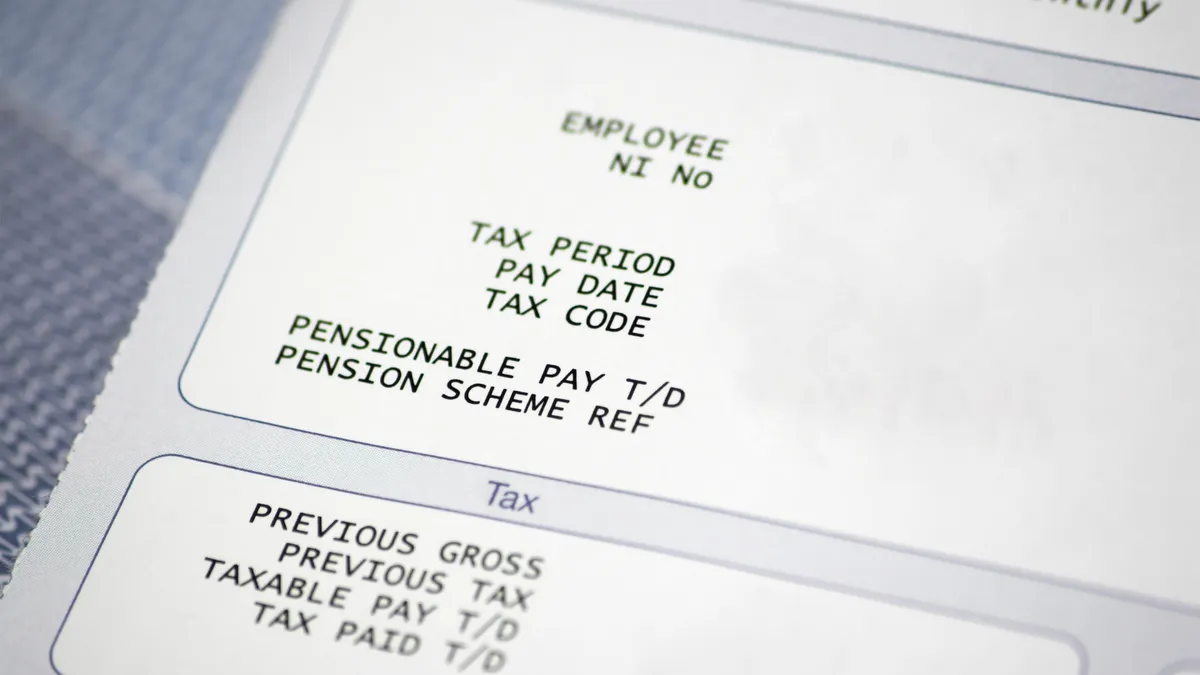Editor's note: The following is a contributed piece by Bernie Wong, senior associate at Mind Share Partners, a nonprofit that advocates for mental health awareness in the workplace.
Mental health is the next frontier of the diversity and inclusion movement. A 2017 report by Deloitte found improving attitudes toward mental health generally and greater willingness to work with someone with a mental health condition. In fact, 91% of respondents said we need to adopt a more tolerant attitude about people with mental health conditions. As demand for mental health care continues to grow, prospective applicants are likely to seek out these benefits from companies. A 2017 report by the Lovell Corporation found that 84% of Generation Z respondents wanted better mental health support when asked what employers could do to better support young workers.
As your company looks to recruit top talent — both current and future — how do you show prospective employees that your company will support their mental health?
My organization, Mind Share Partners, organizes confidential forums for high-performing professionals managing mental health conditions to provide support and best-practices as they navigate their mental health at work. Over the course of these professional peer groups, our conversations have produced insights, lessons and concrete strategies adaptable to other professionals navigating their own mental health at work and for companies seeking to create mentally healthy workplaces.
Based on the insights of our professionals, here are five ways your company can show prospective applicants that you support mental health at work.
#1: Make mental health part of your health benefits package
Eighty-four percent of Generation Zers want better mental health support from their employers. One in five teens actively manage a mental health condition each year. Three-quarters of chronic mental health conditions start by age 24. A significant proportion of your incoming workforce will need and increasingly seek out mental health support. Companies can address this need upfront by providing and explicitly stating the provision of mental health benefits within a broader comprehensive benefits package on their job listings and careers pages.
#2: Dedicate a D&I department or champion to mental health
In a 2018 report by Indeed, diversity and inclusion job openings are up 18% from last year and 35% from two years ago. Asana hired its first Head of D&I at only 150 employees, and companies like Facebook are even employing positions such as a "Mental Health Benefits Manager," a role solely devoted to supporting the mental health of employees. Having a dedicated D&I department or champion is increasingly becoming an industry norm, and professionals in our Mind Share Partners forums have expressed that intentional dedication of resources to D&I make companies more appealing.
#3: Ask leaders to share their experiences with mental health
Company leaders serve as the most influential agents of culture change in the workplace, and these leaders engage in public discourse to provide industry expertise and thought leadership at increasing rates. Whether through social media platforms like Facebook or LinkedIn, a company blog or industry news and editorial publications, there are an abundance of platforms available to leaders to make an open statement in support of employee mental health. A digital record such as a blog post is easily linkable in any job listing or organizational onboarding document to make the commitment to a mentally healthy workplace explicit. Regardless of the platform, an appropriate approach to mental health starts at the top of the organizational chart.
#4: Incorporate flexibility and accommodations in workplace culture
A spoken commitment without concrete follow-up is a recipe for cultivating distrust in leadership. Coupled with vocal support by leadership should be company policies, practices and norms that support individuals managing mental health conditions in the workplace. These can include flexible work schedules for therapy appointments, mental health benefits packages, or a robust menu of accommodations tailored to individual employees. Information about policy and practices often surface during interviews with prospective employees, and professionals in our forums have described interviews as make-or-break moments to move forward with a company.
#5: You say so
More often than not, when people talk about "mental health" in the workplace setting, language is usually limited to "stress," "worry" or "wellbeing" without ever getting to the deeper end of the mental health spectrum. By avoiding the topic, a company can actually discourage individuals who are managing a mental health condition from disclosing or seeking support — even in private. You, as the hiring manager, team lead or executive can rewrite the norms of how people talk about mental health by being explicit about your support and not shying away from heavier topics.
Recruitment at companies is only becoming more difficult in an increasingly saturated pool of qualified professionals. As the need and appeal of mentally healthy workplaces grows, companies must follow suit by improving their own mental health literacy and making explicit their support for a mentally healthy workplace culture.






















